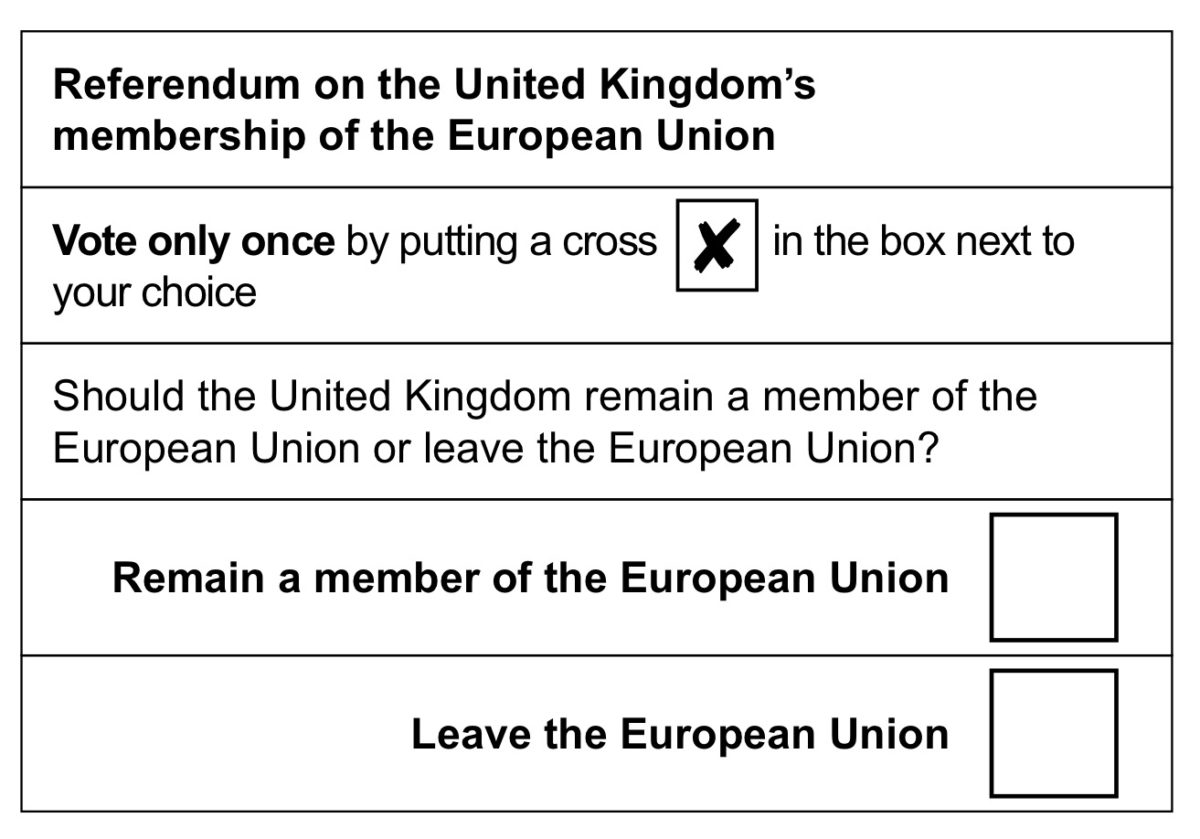To Liza
If there is a citizenship, you would all owe a duty of allegiance to the new Union. What else is citizenship about? There will be a duty to uphold its laws. What will happen if the allegiance to the Union comes into conflict with the allegiance to our own country?
Margaret Thatcher, speech in the House of Lords, 7th of June 1993
In 2014, it was reasonable for a Scot wishing to further enjoy the benefits of her country’s EU membership to vote “Remain” at the Scottish Independence Referendum. In 2017, her variety of options is virtually narrowed down to choosing between the least of the evils. Resisting the Scottish secession and the addition of “r” (“rest of”) to the remaining parts of the state once called “the United Kingdom” will only lead to Scots leaving Europe aboard with their English, Welsh and Irish compatriots. Supporting the campaign for the second independence referendum and, if successful, the case for Scottish independence may eventually lead to securing the future of Scotland in Europe. However, this path is far from being clear.



